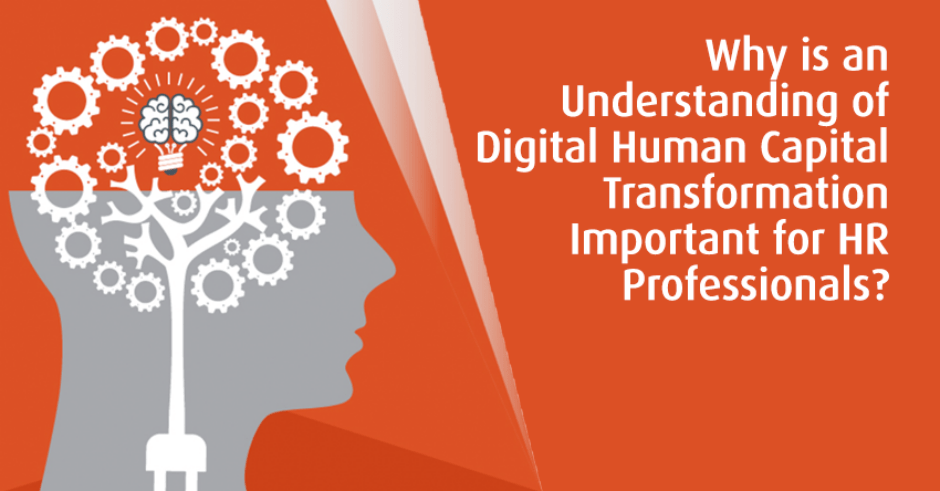We are in an age of fluidity. A recent survey by PA Consulting shows a couple of startling facts :
65 % of jobs over the next 10 years do not even exist today
Some even put this estimate at 85%. A large proportion of these new jobs are related to data and data design indicating the wide-ranging impact of digital technology. It also shows that the fundamental nature of workflows and processes in organisations will look very different. HR professionals who do not understand digital technology now will struggle to lead the business and risk being obsolete
91 % of millennials are expected to change jobs every 2-3 years
This means on an average every employee will have 15-20 employers during their lifetime- a very different scenario to lifetime/longtime employment. The implication on how you attract, grow, engage and reward employees will be huge. Traditional HR processes and systems will struggle to adapt to this new reality while AI-based digital start-ups will lead the way in coming up with innovative solutions.HR professionals who start engaging with these startups will be able to play an influencing role with business leaders.
The impact of technology is not new for HR professionals. Automation has been rapid over the last 20 years and is an essential part of the modern HR function. But the impact of digital today is wide-ranging (mobile; social media, cloud-based systems; predictive analytics; digital assessment; robotic processes; artificial intelligence and other similar technologies). Digital innovation is quite different to automation because of the impact of artificial intelligence and machine learning. AI can add substantial value in all parts of the employee lifecycle- workforce planning, recruitment and onboarding; employee engagement; learning & development, talent management, wellness programs, pay & benefit, culture and leadership, change management, work automation; compliance; amongst others. Similarly, robotics can have a big impact on jobs – process automation; cognitive engagement and cognitive insight; testing in manufacturing; running repetitive and predictable processes; manning internal help desks; and bots like Pro(cess) Bots, Chat Bots, and Think Bots etc.
The impact of digital/AI technologies on the workforce is, therefore, going to be hugely disruptive (both positive and negative) and it is imperative for HR professionals to start understanding this.
The Business Transformation Network has posted this article in partnership with HR Tech Partnership.
The London based HR Tech Partnership runs a Human Capital Digital Innovation Hub to facilitate learning and adoption by corporates of agile AI-based start-ups around Talent and Workplace productivity. It also has a People Tech investment venture which funds early-stage start-ups incorporating AI and leading-edge technology. The team and most of its stakeholders have senior corporate experience and a good understanding of large organisations.


